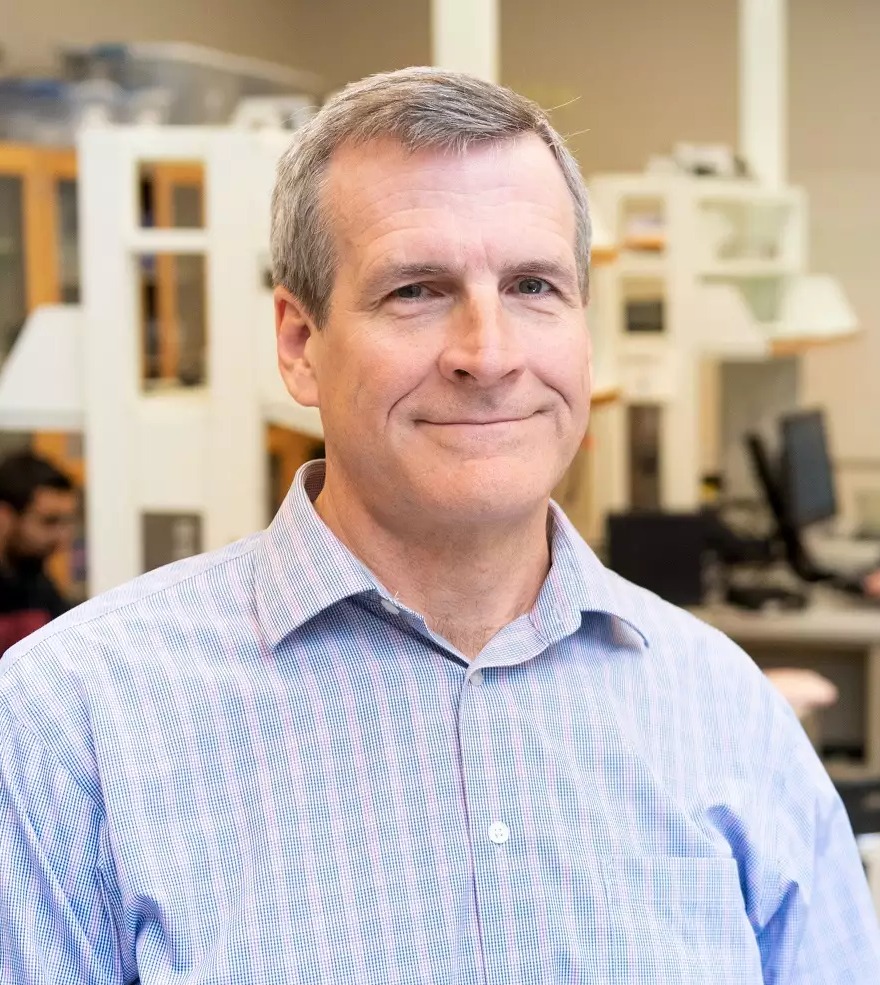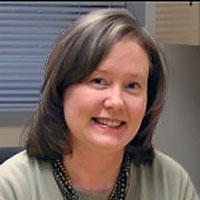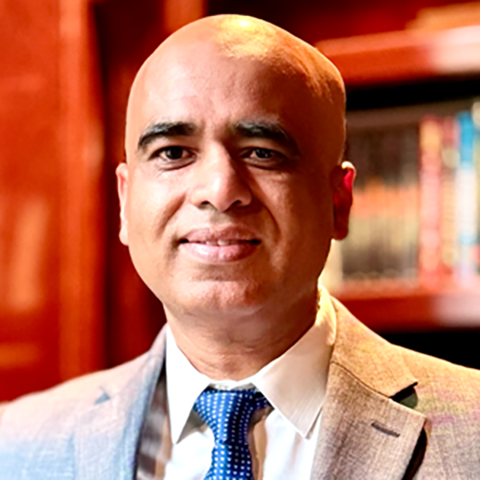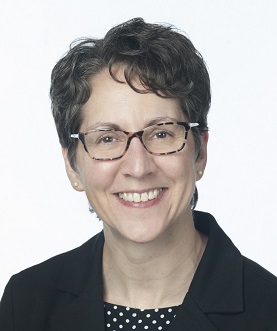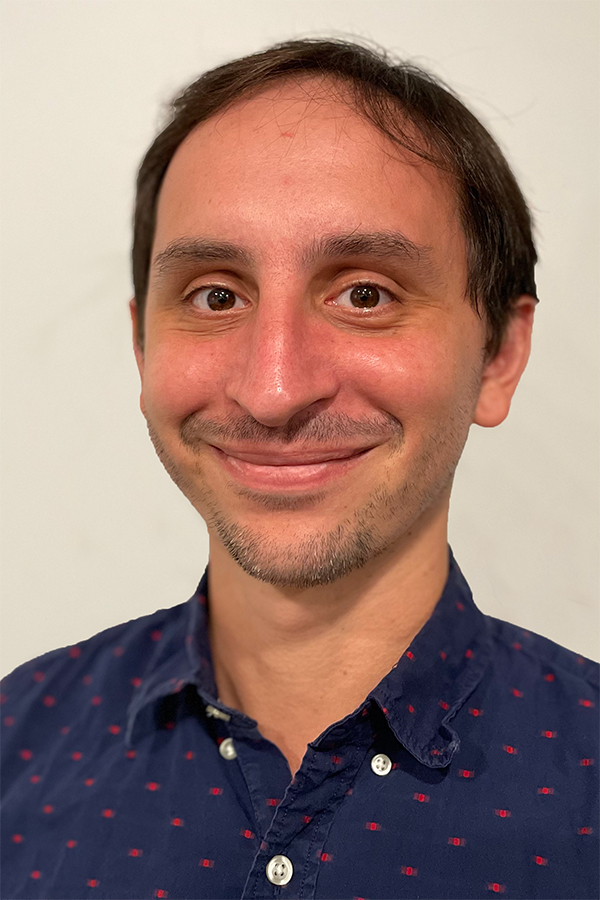Michael Davis
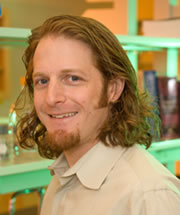
Dr. Davis holds positions as a Professor in both Cardiology and Biomedical Engineering at the Wallace H. Coulter Department of Biomedical Engineering at Georgia Tech and Emory University. Additionally, he serves as an associate chair for graduate studies at BME department, and a director of the Children's Heart Research and Outcomes (HeRO) Center. He received his Ph.D. in Molecular and Systems Pharmacology at Emory University in 2003 working on molecular regulation of eNOS expression by shear stress. From 2003-2006, he completed his postdoctoral fellowship at Brigham and Women's Hospital working on cardiac tissue engineering with collaborators at the Massachusetts Institute of Technology. He moved back to Emory in 2006 to join the faculty in Division of Cardiology and Biomedical Engineering Department.




